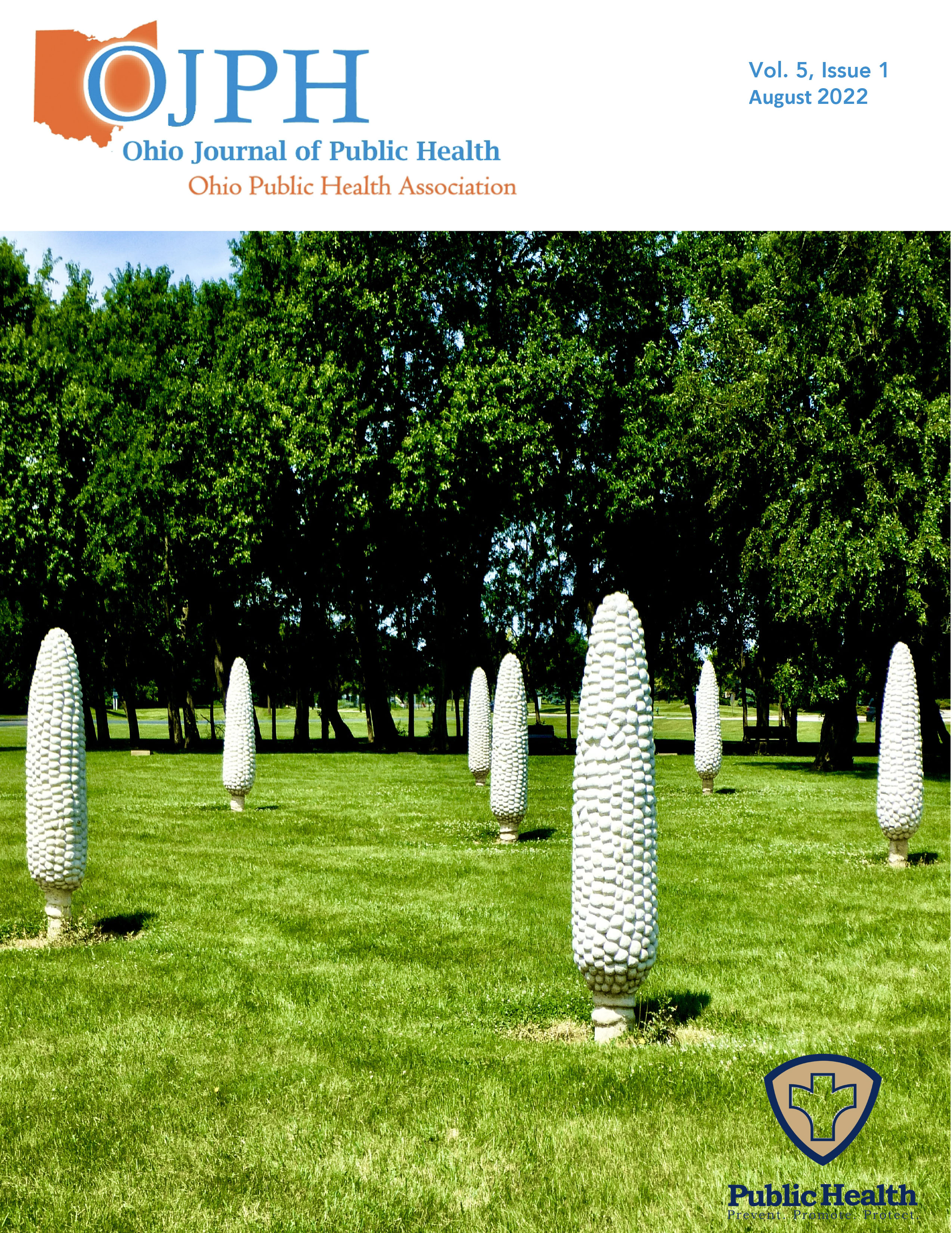Adverse Childhood Experiences, Race, and Health Outcomes: Examining a Synergistic Relationship
DOI:
https://doi.org/10.18061/ojph.v5i1.8982Keywords:
Adverse childhood experiences, ACEs, Race, Equity, Health outcomesAbstract
Background: Adverse childhood experiences (ACEs) are potentially traumatic incidents occurring before age 18 years. Adverse childhood experiences include physical or mental abuse, financial stress, home or community violence, substance misuse, familial turmoil, and other factors. Adverse childhood experiences are associated with negative health outcomes in adulthood.
Methods: Numerous research studies and systematic reviews were reviewed to assess the breadth and depth of racial and ethnic inclusivity in ACE research.
Results: A wide range of ACEs have been investigated, and ample state-level data is publicly available. Early, fundamental ACE studies typically recruited White, educated, and insured participants; racial and ethnic diversity were often neglected.
Conclusion: Adverse childhood experiences and race have been found exerting synergistic effects on adult health outcomes. Further evaluation of race is warranted to improve health outcomes. Scrutiny of racial and ethnic equity in health research is paramount for achieving health equity.
Downloads
Published
Issue
Section
License
Copyright (c) 2022 Helen Gu, Neil Vallabh, W. Walker Motley

This work is licensed under a Creative Commons Attribution 4.0 International License.


